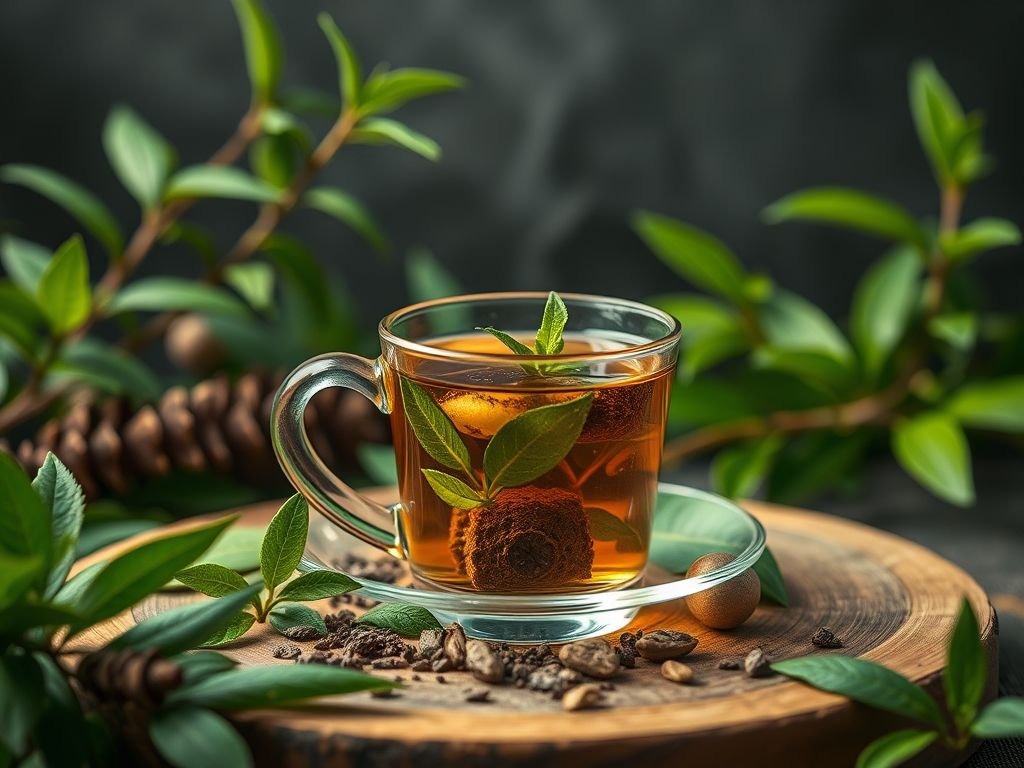Herbal Tea Varieties: A Comprehensive Guide
Herbal tea varieties encompass a wide range of infusions made from the leaves, roots, flowers, or seeds of various plants, excluding traditional tea plants like Camellia sinensis. These teas serve not only as delightful beverages but also as natural remedies for various health conditions. Understanding the different types of herbal teas can enhance your health journey, especially for those interested in weight loss, anxiety control, or overall wellness.
The Importance of Herbal Tea Varieties
Herbal teas have been used for centuries across different cultures for their therapeutic properties. They are often seen as an accessible way to improve health without the side effects commonly associated with pharmaceuticals. Their popularity continues to grow, particularly among adults aged 25 to 50, who are seeking natural, effective ways to manage their health.
Common Types of Herbal Tea Varieties
When exploring herbal tea varieties, it’s essential to understand the specific benefits each type offers. Here are some of the most popular:
- Chamomile Tea: Known for its calming effects, chamomile tea is often used to alleviate anxiety and promote better sleep.
- Peppermint Tea: This refreshing tea aids digestion and can help relieve headaches and migraines.
- Rooibos Tea: A caffeine-free option rich in antioxidants, rooibos is beneficial for heart health and skin conditions.
- Ginger Tea: Renowned for its anti-inflammatory properties, ginger tea is effective for nausea and digestive issues.
- Hibiscus Tea: This vibrant tea is linked to lowering blood pressure and is rich in vitamin C.
Health Benefits of Herbal Tea Varieties
Each herbal tea variety brings unique health benefits, making them useful allies in your wellness journey. Here are some highlighted benefits:
- Weight Management: Herbal teas like green tea and ginger tea can boost metabolism and promote fat burning.
- Anxiety Reduction: Teas such as chamomile and lavender are known for their soothing effects, helping to calm the mind.
- Digestive Health: Peppermint and ginger teas can support digestion and alleviate discomfort.
- Immune Support: Hibiscus and echinacea tea can help strengthen the immune system.
How to Incorporate Herbal Tea Varieties into Your Daily Routine
Integrating herbal teas into your daily routine can be both enjoyable and beneficial. Here are some practical applications:
- Morning Ritual: Start your day with a cup of ginger or green tea to kickstart your metabolism.
- Mid-Afternoon Break: Replace your usual coffee with peppermint tea to regain focus without caffeine jitters.
- Evening Wind Down: Enjoy chamomile or lavender tea in the evening to relax before bed.
Understanding herbal tea varieties also involves recognizing related concepts in natural health. Here are some terms to explore:
- Infusions: The process of extracting flavors and benefits from herbs into water.
- Tisanes: Another term for herbal teas, typically referring to non-caffeinated options.
- Herbal Remedies: Broader applications of herbal plants in treating health issues.
Final Thoughts: Embracing Herbal Tea Varieties for Wellness
Herbal tea varieties offer a rich tapestry of flavors and health benefits that can enhance your daily life. By understanding the different types and their applications, you can make informed choices that fit your health goals. Whether you aim to manage weight, reduce anxiety, or simply enjoy a comforting beverage, there’s a herbal tea variety that’s right for you.
As you explore the world of herbal teas, consider keeping a journal of your experiences. Note how different teas affect your mood, energy levels, and overall health. This reflection can deepen your connection to these natural remedies and empower you on your wellness journey.

